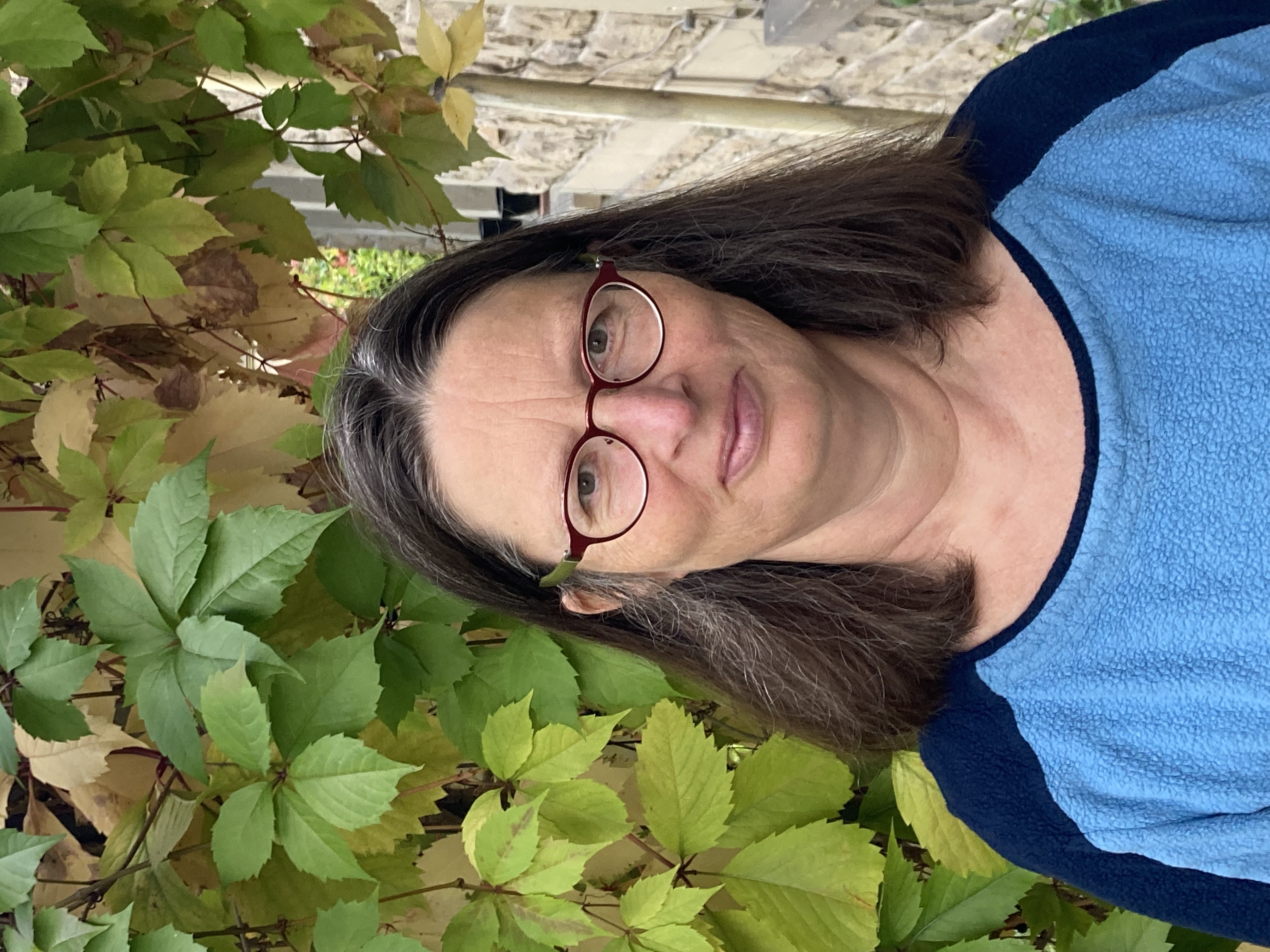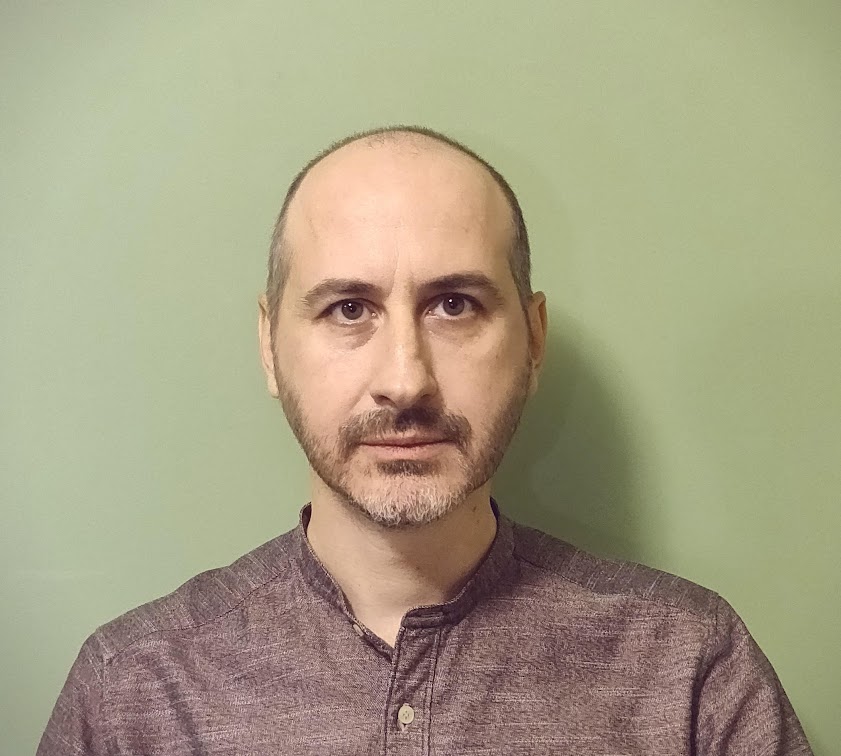Event takeaways:
The workshop offered a structured journey—reflecting on the past of liberal democracies, examining current research on key pillars like institutions, participation, and media, and exploring possible futures through the lens of four science fiction novels that imagine future democratic developments
- Senior scientist at “Our World in Data”, Bastian Herre gave an alarming as well as reconciling view into the deterioration of liberal democracies worldwide as well as in Europe. Yet, he pointed out that most of our present democracies are built on solid institutions and they are most likely to be resilient against internal and external attacks.
- Michel Debruyne of Beweging.net introduced results from comparative country research from the INVOLVE Democracy project. Among the factors stablizing liberal democracies long-term are the quality of trust in public institutions and policies as well as making participation possible for all citizens. However, when looking at public policies and social benefits, the picture is more ambiguous: while public health expenditure is considered a stabilizing factor, high expenditure in pensions might result in distrust. More definite in destabilizing democracy in a country are corruption and low quality of public transport.
- The RECLAIM project is researching the significance of expression of information disorder and democratic stability. The protection of the public sphere is identified as a cornerstone of democracy. Of similar importance are public service social media as well as a better regulation of social media companies. In his presentation Maximilian Conrad, University of Iceland, also pointed out the significance of the education factor, not only for children but also for adults, including science education and media literacy. Destabilizing factors are, among others, disruptive technologies, fragmented public spheres and distrust in traditional journalism and science.
- In the MeDeMAP presentation, Maren Beaufort, Austrian Academy of Sciences focused on the role of (social) media and stated that traditional information media and pluralism, thinking long-term and endorsing a culture of diversity are crucial in maintaining democratic values. Investigative journalism plays a special role as it uncovers corrupt activities and disguised the foes of democracy. What we cannot expect is a consensus in social media bubbles. Definitely destabilizing liberal democracies is the exclusion of citizens from discourses; and also the suppression of media as well as the lack of self-criticism within journalism. Still open are questions such as: How to prevent democracies dying at the hands of elected leaders—who subvert the very process that brought them to power.
- An outlook into diverse futures of democratic values was presented in the “Literary Quartet”, where four passionate readers of science fiction literature gave their interpretation of four different novels dedicated to the longevity of democratic life in the future. What we can learn from novel like Infomocracy (2016), The Lost Cause (2023), The Left Hand of Darkness (1969), and The Ministry for the Future (2020)? The discussion extracted visions of pluralist and diverse societies where humans can change their identity, experiment with new forms of governance in local communities, where central governments are resolved and where people find ways to cope with climate change by supporting each other.

This workshop is part of a series of “Eye of Europe” pilot activities taking place during 2025, aimed at exploring various futures and their implications for R&I policy.
The workshop was open to a wide audience - experts and non-experts - interested in questions of future democracies.









